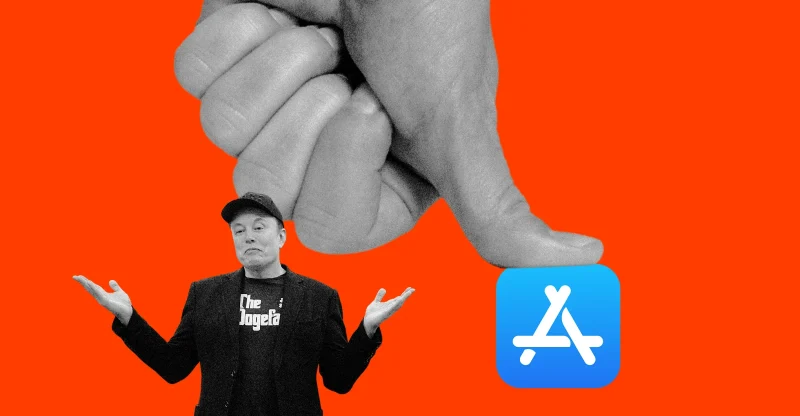A recent ruling has given Elon Musk’s companies an early win in their antitrust battle against Apple and OpenAI. A federal judge refused to dismiss the lawsuit filed by X Corp. and xAI, allowing the case to continue into the discovery phase. Although the judge stressed that this decision does not reflect the strength of the claims, it keeps the dispute alive as questions grow around competition in the rapidly expanding AI market.
Allegations of an Anti-Competitive Apple–OpenAI Alliance
X Corp. and xAI filed the complaint in August 2025. They argue that Apple and OpenAI joined forces to dominate both smartphones and generative-AI chatbots. According to the lawsuit, Apple’s integration of ChatGPT into its devices, along with alleged favorable App Store placement, creates an environment that shuts out competing AI tools such as Grok.
The filing claims that this relationship gives OpenAI a significant advantage over rivals because users naturally gravitate toward technology that comes pre-installed or deeply embedded in popular products. The plaintiffs say this dynamic harms innovation and limits consumer choice.
Key allegations include:
- Apple’s native integration of ChatGPT across iPhone and Mac ecosystems
- Preferential App Store treatment for OpenAI-powered apps
- Marketplace barriers that disadvantage Grok and other emerging AI systems
Apple and OpenAI Push Back
Apple and OpenAI asked the court to dismiss the lawsuit soon after it was filed. They argued that the partnership is not exclusive and does not restrict competition. They also stated that the plaintiffs failed to show the kind of market harm needed to support an antitrust claim.
Their response emphasized that Apple can still work with other AI developers and that consumers have access to various chatbot options across different platforms. In their view, the complaint overstates the impact of Apple’s product decisions on the overall AI market.
Judge Opens the Door to Discovery
U.S. District Judge Mark Pittman denied the motion to dismiss, clearing the way for the lawsuit to advance. He noted that the ruling is procedural, not a reflection of liability. The court will now explore the facts more deeply, which may involve internal documents, deposition testimony, and data on how AI tools compete within Apple’s ecosystem.
This development could shape future debates over how antitrust laws apply to AI, especially as tech companies increasingly rely on integrated systems and exclusive partnerships.
A Case With Broader Industry Implications
This lawsuit touches on a growing concern: how much influence major tech platforms hold over AI adoption. The case may influence:
- How regulators view AI distribution through mobile operating systems
- Whether platform owners face new limits on embedding third-party AI tools
- How emerging AI companies build business models in markets controlled by large incumbents
As AI becomes central to everyday technology, courts and regulators may need to refine how they evaluate competition in this evolving space.
For Musk’s ventures, the ruling keeps their concerns in the spotlight. However, they still must prove the existence of restricted markets and real antitrust injury. For Apple and OpenAI, the decision signals that the court views the claims as plausible enough to investigate further. What happens next could reshape how tech giants structure AI partnerships—and how competitors challenge them under modern antitrust rules.
